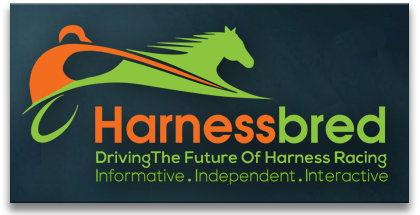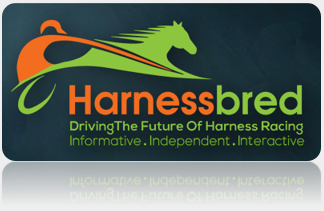Harness Racing New South Wales was represented at a recent global conference which convened to consider best practice welfare for equines in sport and leisure.
The International Society for Equitation Science 2024 Conference was held in Cambridge, New Zealand, and HRNSW Assistant Regulatory Veterinarian Anne-Louise Knox was part of the esteemed panel of presenters who delivered research findings.
The three-day conference was attended by delegates and keynote speakers from around the world, with a focus on the theme “A Good Life for Horses”.
Anne-Louise presented the findings of her Master of Animal Science (Equine) research project completed through the University of Queensland.
It used information extracted from the Equine Behavioural Assessment and Research Questionnaire (E-BARQ) database to compare ex-racing thoroughbreds with other types of riding horses.
Knox’s presentation was titled “Owner-Observed Behavioural Characteristics of Off-the-Track Thoroughbreds in Equestrian Second Careers”.
“There are many insights that we can draw from thoroughbred research. But there are also key differences between thoroughbreds and standardbreds, in terms of physiology as well as circumstances both on and off the track. All of this influences behaviour, which in turn influences post-racing prospects,” she said.
“We need more dedicated standardbred behavioural studies. I’d like to see standardbreds receive the same research attention as thoroughbreds and for this to be possible, we need more standardbreds in the E-BARQ database.”
The E-BARQ provides a global data resource for large-scale studies of relationships between behaviour, training and management in horses. It currently contains over 7500 records, relating to horses of all breeds and purposes. However, standardbreds remain relatively under-represented.
“The purpose of my study was to gain an evidence-based understanding of off-the-track thoroughbred behaviour, so that we can then objectively examine why it may be so and how it may be managed for best welfare outcomes,” Knox said.
“This knowledge can only be generalized to standardbreds up to a point. They need equivalent, specific research to understand how they can best be assisted in the transition from racehorse to riding horse and beyond.
“As harness industry participants, we share a vast body of practical knowledge of standardbred behaviour and countless anecdotal stories of their success under saddle. By collating and formalising this information, we can continue to improve promotional initiatives, selection practices and horse and owner education.”
In order to facilitate this further research, Knox is calling on owners of retired and rehomed standardbreds to participate in the E-BARQ survey and take an active role in advancing the off-the-track welfare of these wonderful horses.
You can access the E-BARQ survey by CLICKING HERE
“I have to say that it was reinforced to me that Australia are world leaders in terms of after-care welfare for standardbreds, but the more data and detail we have, the better we can enhance that even further.”
If you are interested in acquiring a retired standardbred, you can get in touch with Harness Racing NSW Rehoming. More information is available by CLICKING HERE
Approved By Dean Baring www.harnessbred.com
Driving The Future Of Harness Racing

